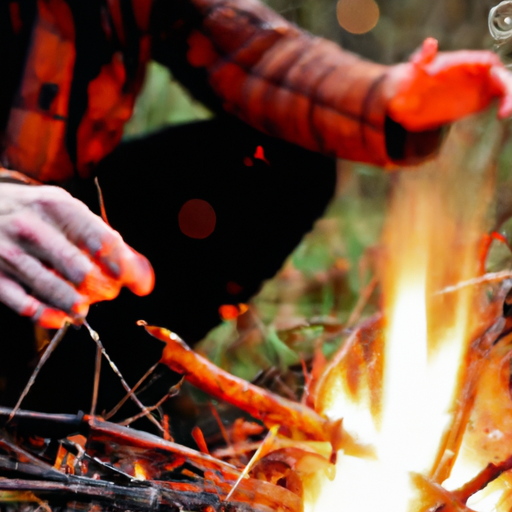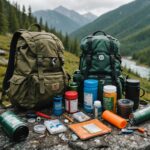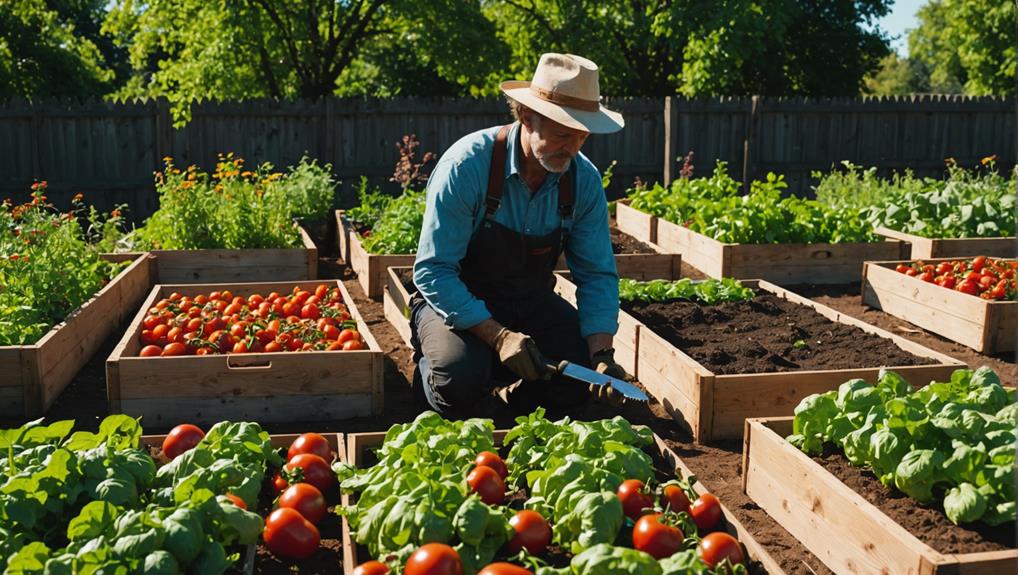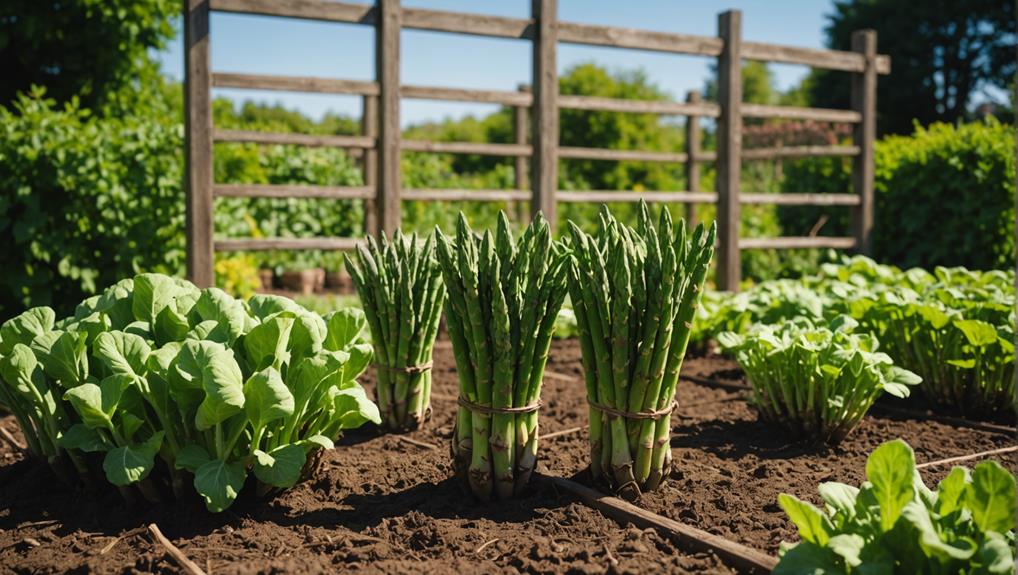As an Amazon Associate I earn from qualifying purchases.
Have you ever wondered how you would fare if you were stranded in the wilderness? Would you know what to do to survive? In this article, we’re going to talk about essential outdoor survival skills that can help you in a challenging situation. Trust me, it’s always good to be prepared!
One of the most important skills to have is learning how to find and purify water. In the wild, water is key to your survival, and knowing where to find it and how to make it safe to drink can make all the difference. We’ll go over some handy techniques that will ensure you never go thirsty.
Next up, we’ll tackle the art of fire starting. Fire not only provides warmth but can also be a crucial tool for cooking food and purifying water. We’ll discuss different methods of starting a fire, from using a flint to creating a spark with a battery. So, if you’ve ever struggled to get a fire going, we’ve got you covered.
Lastly, we’ll delve into the basics of building a shelter. Everyone needs a safe place to rest and protect themselves from the elements. You’ll learn how to construct a shelter using natural materials and maximize your chances of staying warm and dry overnight. So, if you’re interested in mastering these essential outdoor survival skills, keep reading to find out more!
Survive Outdoors with Essential Skills
Are you an outdoor enthusiast? Do you enjoy exploring the wilderness? If so, it is crucial to equip yourself with essential survival skills to ensure your safety and well-being in any outdoor emergency. In this article, we will guide you through the necessary skills to survive outdoors and provide you with valuable tips and techniques. So let’s get started!

Building a Shelter
When spending time in the great outdoors, one of the first tasks you should prioritize is building a shelter. Selecting a suitable location is key. Look for an area that provides protection from the elements, such as strong winds or heavy rain. Avoid setting up your shelter near water sources or in low-lying areas prone to flooding.
Once you have found a suitable location, gather materials for your shelter. Look for sturdy tree branches, leaves, and natural debris that can provide insulation and protection. Constructing the shelter can be done using these materials, either by creating a lean-to structure or using larger branches to form a teepee-like structure.
Starting a Fire
Fire is an essential element for survival. Not only does it provide warmth and light, but it also helps in cooking food and purifying water. To start a fire, identify and gather firewood. Look for dry branches and twigs, as they will catch fire easily. Avoid using green or damp wood, as it will be difficult to ignite.
Creating a fire pit is crucial for safety purposes. Dig a shallow hole and surround it with rocks to contain the fire. This will prevent the spread of flames. Using natural fire starters, such as dry leaves, bark, or use a flint and steel, can help ignite the fire. Remember to always have a source of water nearby to extinguish the fire when necessary.
Finding and Purifying Water
Water is essential for survival, and knowing how to find and purify it is crucial. Start by locating a water source, such as a stream, river, or lake. Look for flowing water, as stagnant water may contain harmful bacteria. However, do not drink water directly from the source, as it may be contaminated.
Methods of water purification include boiling, using water filters, or chemical treatment. Boiling water is the most effective method. Simply bring the water to a rolling boil for at least one minute to kill off any harmful microorganisms. If you don’t have access to a fire, using commercial water purification tablets or portable water filters can be equally effective.
Always collect and store water in clean containers to avoid contamination. Carry a water bottle or a water bladder with you at all times to ensure you have access to clean drinking water.
Foraging Edible Plants
In a survival situation, finding food can be challenging. However, knowing which plants are edible can be a lifesaver. Identifying common edible plants is crucial. Look for plants such as dandelions, cattails, and berries like raspberries and blueberries. Familiarize yourself with the different types of edible plants in your area before embarking on your outdoor adventure.
It is equally important to avoid poisonous plants. Learn to identify common toxic plants like poison ivy, poison oak, and deadly nightshade. Remember, the saying “leaves of three, let it be” can help you avoid dangerous encounters.
Preparing and cooking wild edibles is necessary to make them safe for consumption. Properly wash and cook wild plants before eating them to eliminate any potential parasites or bacteria.

Navigating without a Compass
Losing your way in the wilderness can be a terrifying experience. Familiarize yourself with navigating without a compass by reading topographical features. Look for landmarks, such as mountains, rivers, or distinctive trees that can help you determine your location.
Using the sun and stars as guidance is another valuable skill. Learn to identify the cardinal directions using the sun’s position in the sky during different times of the day. During nighttime, locate the North Star or use constellations to find your way.
Creating and following simple navigation aids, such as marking your trail with stones or making note of distinctive landmarks, can also be helpful in finding your way back to safety.
Basic First Aid
Accidents can happen anywhere, including the wilderness. Assessing and treating minor injuries is essential to prevent further complications. Pack a first aid kit with essentials such as adhesive bandages, antiseptic wipes, and pain relievers.
Learn to administer CPR and basic life support. These skills can potentially save lives in emergency situations. Additionally, recognize the signs of hypothermia and heatstroke. Take appropriate measures to prevent and treat these conditions, such as keeping warm or seeking shade and hydration.
Handling Wildlife Encounters
Encountering wildlife is a common occurrence in the great outdoors, and knowing how to react is crucial. Identifying different wildlife species can help you gauge their behavior and potential threats.
Securing food and belongings to prevent wildlife interactions is essential. Store food properly in bear-resistant containers or hang it from a tree branch. Dispose of food waste correctly to minimize attracting unwanted attention from wildlife.
If faced with aggressive wildlife behavior, respond appropriately. Keep calm, avoid direct eye contact, and slowly back away from the animal. Make noise to scare it off or use bear spray if available.
Creating and Using Tools
Crafting improvised tools can be a valuable skill in survival situations. Look for materials in your environment that can be shaped into tools, such as rocks, sticks, or bones. These tools can help you with tasks like building a shelter, starting a fire, or even hunting for food.
Using basic tools for survival tasks is equally essential. Carry a multi-tool or a Swiss Army knife that can provide various functions in one compact tool. An axe or a machete can be useful for cutting firewood or clearing a path.
Maintaining and repairing tools in the wilderness is crucial for their longevity. Keep your tools sharp and clean, and regularly inspect them for any damage.
Understanding Weather Patterns
Weather conditions can change rapidly in the outdoors, and understanding these patterns is crucial for your safety. Predicting weather changes can be done by observing cloud formations, wind direction, and changes in temperature. Learn to anticipate approaching storms or changes in weather patterns.
Finding shelter during extreme weather conditions is important. Look for natural shelters, such as caves or overhanging rocks. If there is no natural shelter available, construct a sturdy shelter using materials like branches and leaves.
Navigating safely during storms can be challenging. Seek lower ground and avoid open areas or tall objects that can attract lightning. Remember, your safety should always be your top priority.
Conclusion
In conclusion, equipping yourself with essential outdoor survival skills is crucial for any outdoor adventure. By following the guidance provided in this article, you will be better prepared to handle outdoor emergencies confidently. Always remember to remain calm and resourceful, as these skills can significantly increase your chances of surviving and returning safely from your outdoor expeditions. Stay safe and enjoy your time in the great outdoors!
As an Amazon Associate I earn from qualifying purchases.














